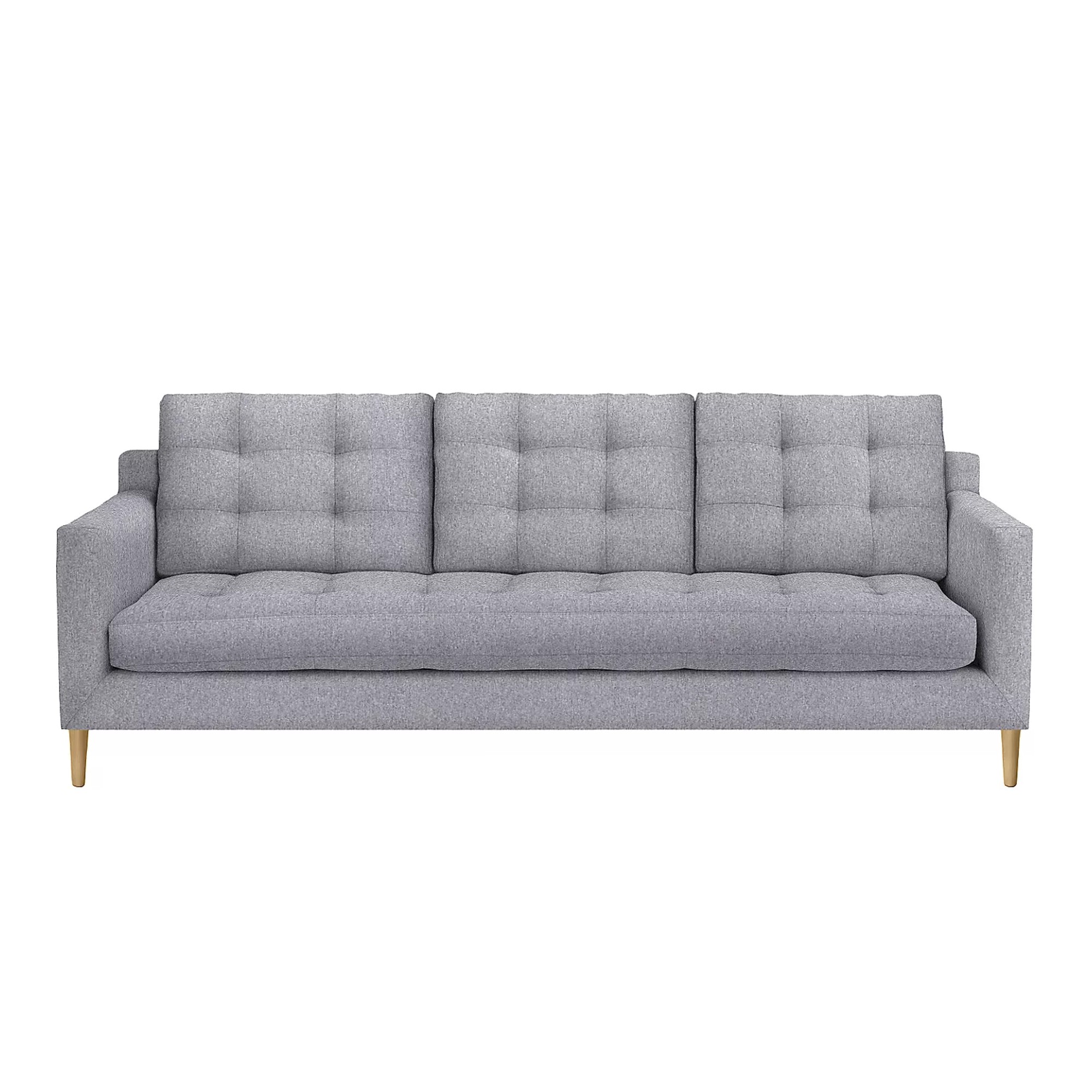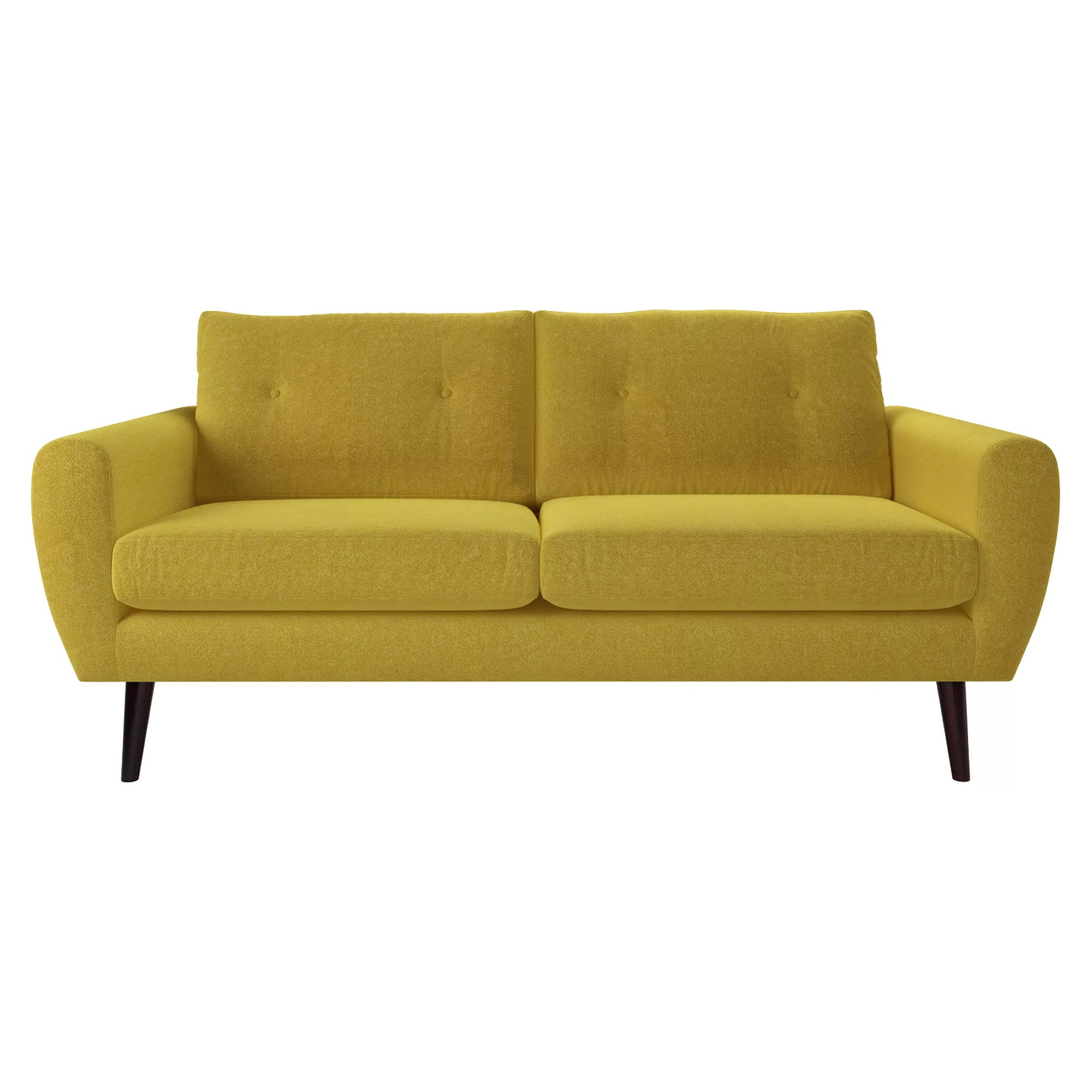Is it worth buying an expensive sofa? I've sat on enough sofas to say this is what you should splurge on
In short, yes, it's worth it – but this is what sofa experts and I recommend looking out for
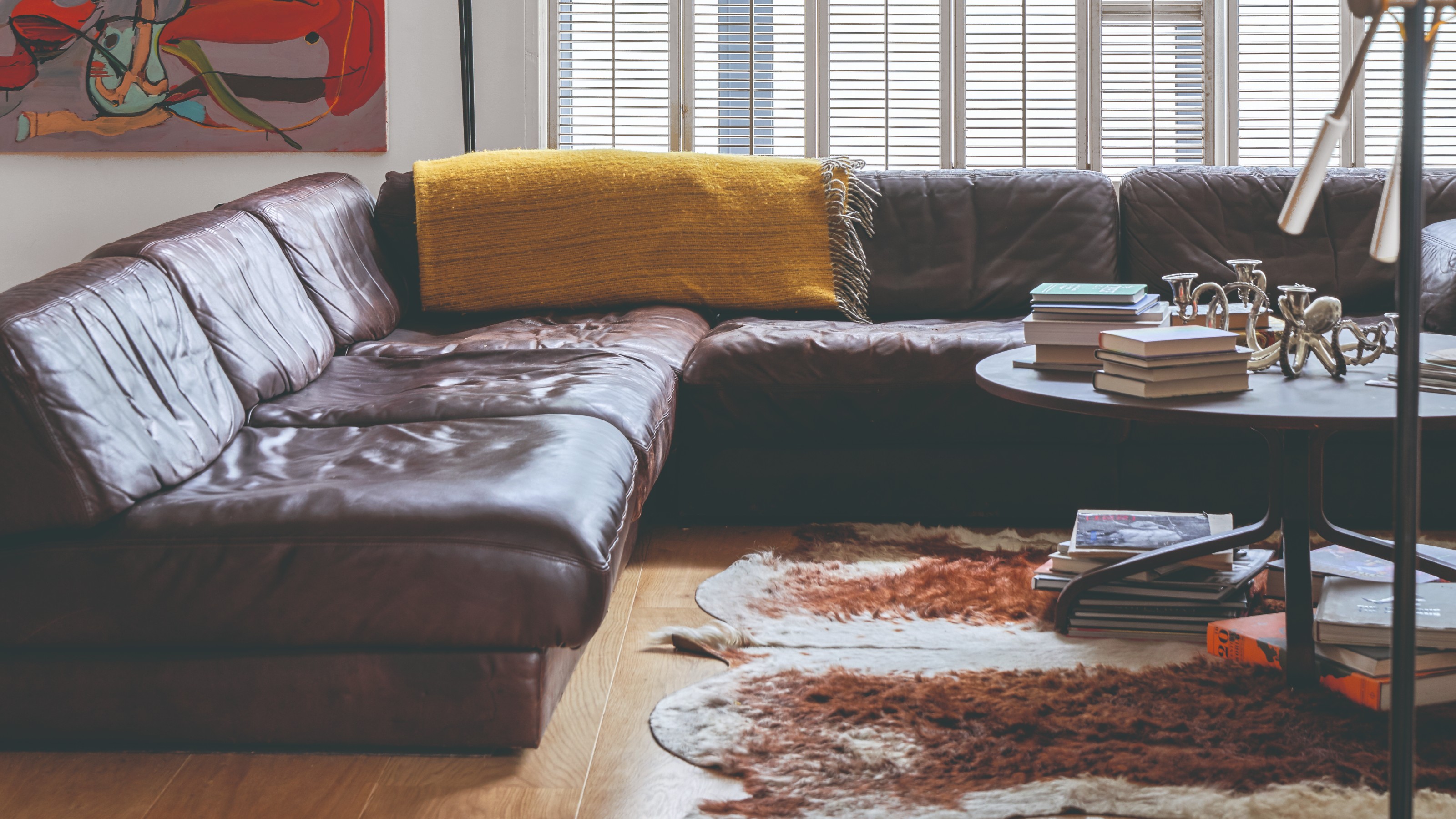

Most sofas act as the centrepiece of not only your living room but also the home overall. The lounge and its (hopefully) comfy seating are the heart of the home – at least in my home they are. But will splurging extra on your sofa make it any better, any more comfortable, any more durable? If you’re wondering whether it’s worth buying an expensive sofa, the short answer is yes – if you have the budget for it that is. But there is a little more to it than that.
Is the best sofa always going to be the most expensive one? Of course not, at least not necessarily. That’s largely because we all have different needs and requirements for our sofas. But price does more often than not correspond with the level of quality of a sofa which in turn affects its comfort and longevity.
Earlier this month I when from testing some of the most high-end sofas on the market to sitting on some of the cheapest, and I could definitely feel the difference between the two and I understood why the respective sofas bore the price tag they did.
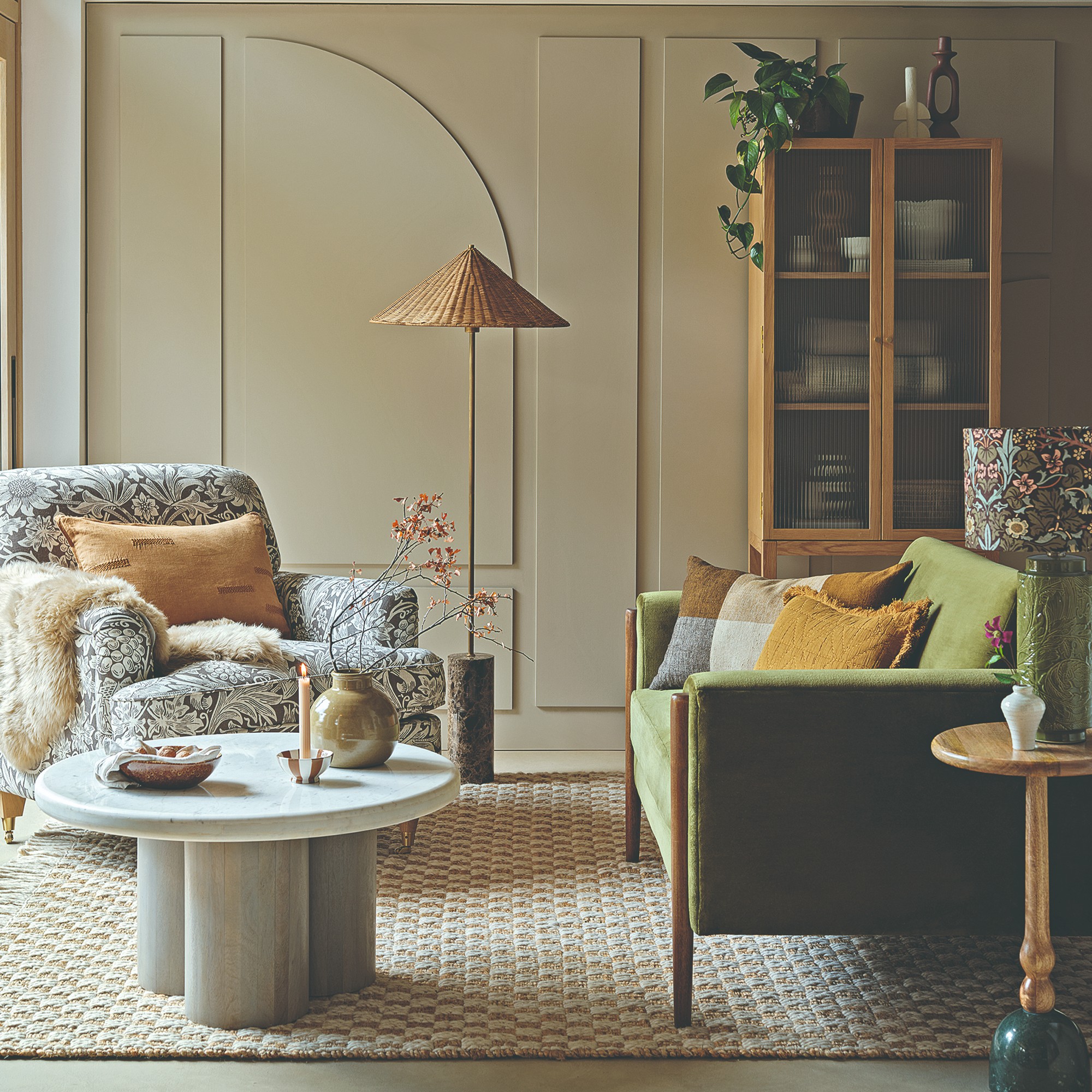
When looking for your next living room sofa ideas, focusing on the quality of materials and the construction is key. Usually, the better these factors are, the higher the price goes. But by paying more initially, you can save yourself money further down the line as these high-end sofas will last for many, many years to come, while cheaper designs are likely not going to be as long-lasting.
My top tip? Establish your top sofa or sofa picks and then shop for them during sale events – that's what I did when buying my own best modular sofa, getting a few hundred pounds off the original price.
‘Expensive sofas generally last longer, meaning you won't have to replace them as often,’ says Kelly Collins, interior designer and head of creative at Swyft. ‘They keep their shape better, and the frame is more durable. You don't have to go overboard, but focus on getting a well-made piece. Investing in quality is more sustainable and economical in the long run. The focus should be on quality, not just price. Ask about where it's made, what type of wood is used, and the quality of the fabric. The construction and materials are more important than the price tag.’
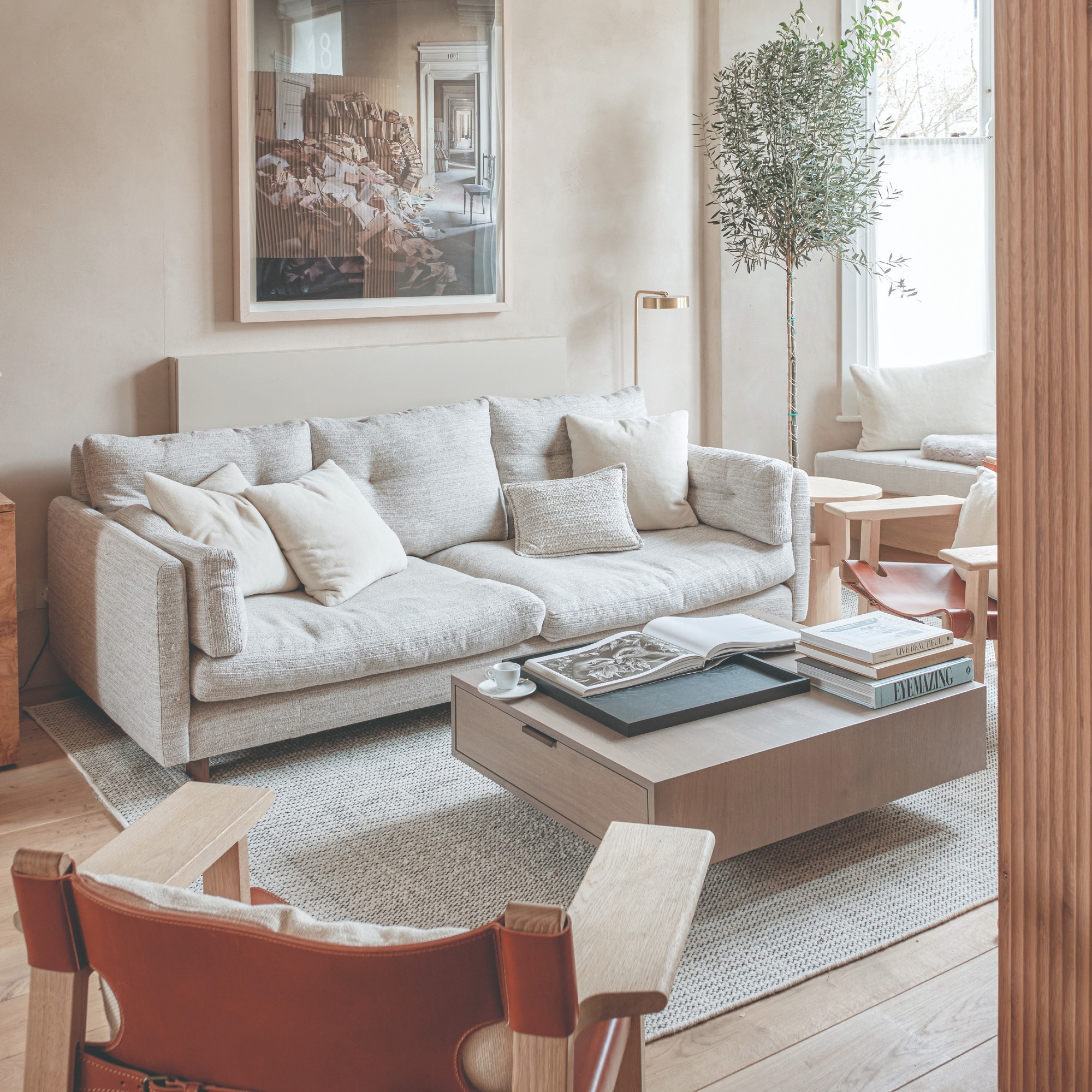
What qualifies as an expensive sofa?
Expensive is a bit of a relative term as what can be expensive for one, might not be for another. But experts agree that there is a sofa price range that could be identified as high-end. Therefore, expensive.
Sign up to our newsletter for style inspiration, real homes, project and garden advice and shopping know-how
‘What qualifies as expensive for a sofa can vary, but generally, a sofa priced above the £2,000 to £3,000 bracket is generally considered high-end,’ says Lucy Mather, interiors expert at Arighi Bianchi. ‘This price point reflects high-quality craftsmanship, durable materials, and unique design features. Sofas in this range typically include solid hardwood frames, high-density foam or down-filled cushions, and luxury fabrics.’
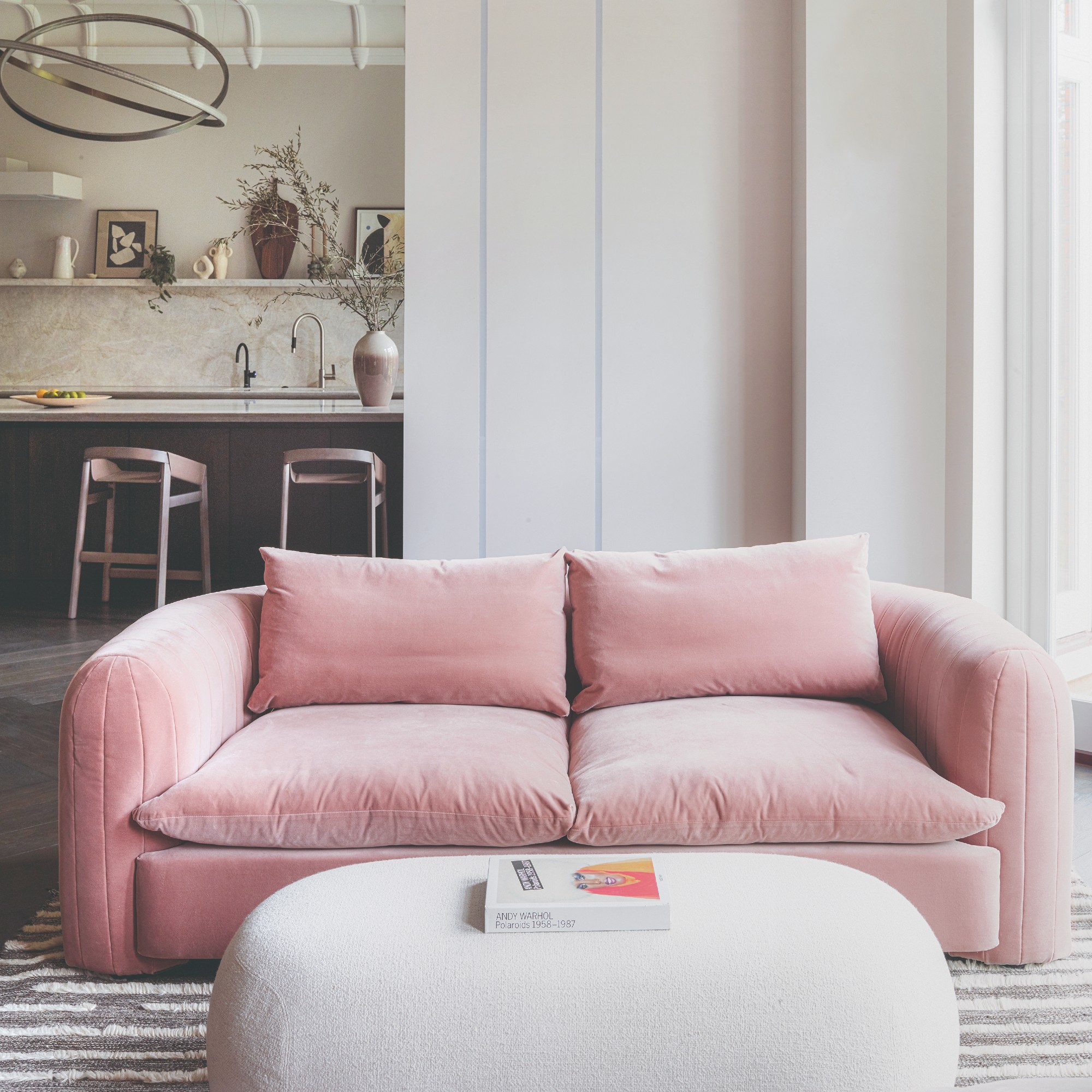
How much should a good sofa cost?
Just like spending extra on an expensive sofa bed is worth it, the same goes for sofas. But that doesn’t mean that you need to spend a lot of money on a sofa, especially if that’s not within your means. You could just as well buy a mid-range sofa style that could stand the test of time, as long as you know what to look out for.
‘A good-quality sofa typically costs between £800 and £1,500, offering a balance between affordability and durability,’ says Alex Stubbs, Flitch interior stylist. ‘At this price range, you can expect solid construction, comfortable seating, and long-lasting materials that make the purchase worthwhile. This is a good range for those seeking style and quality without splurging on a luxury piece.’
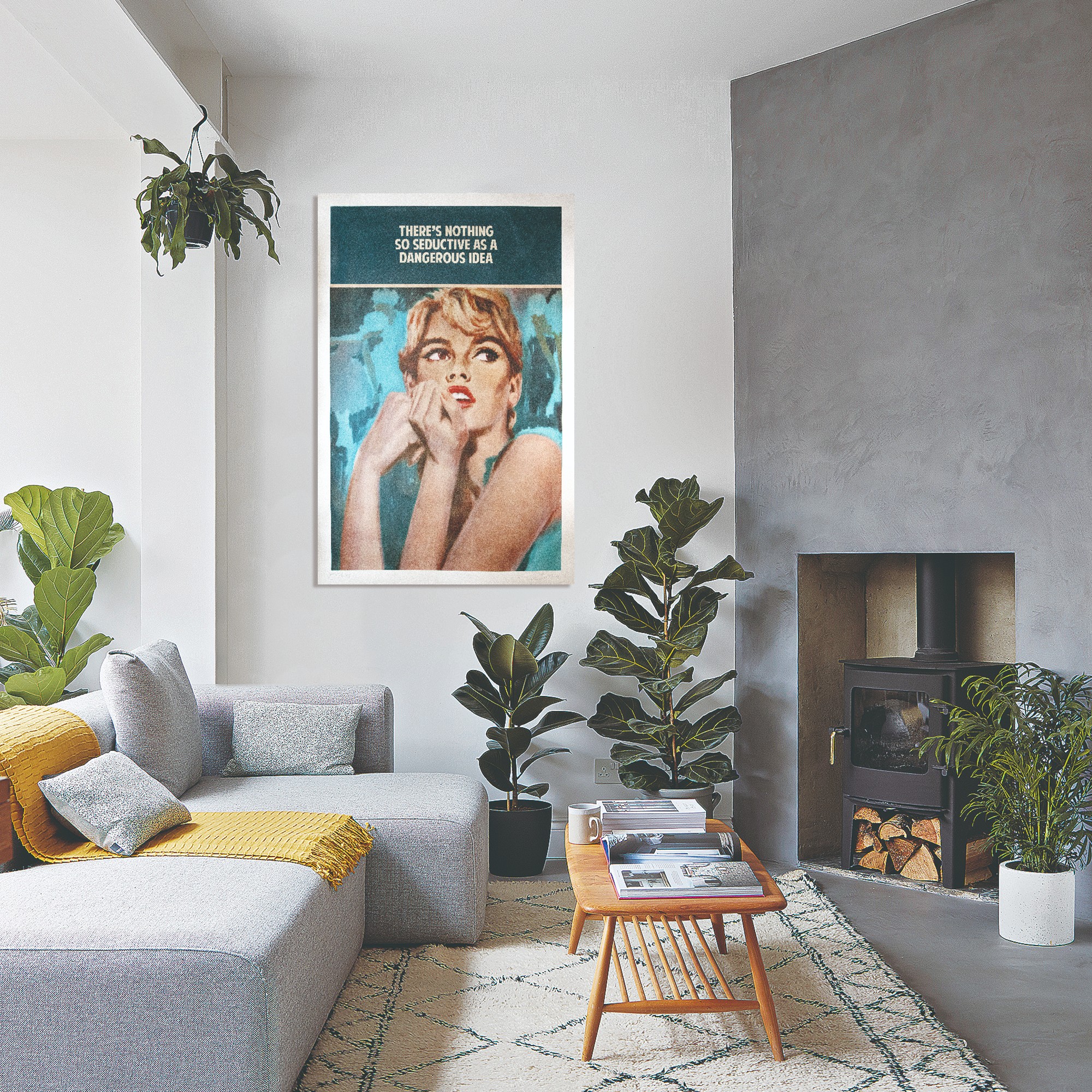
What to look out for when buying a sofa?
In order to avoid any sofa buying mistakes, there are certain things you should know to look for when picking out your next sofa.
‘Avoid buying sofas that are cheap but also look cheap,’ says Monika Puccio, head of buying at Sofa Club. ‘You want value for money so prioritise the comfort of the seating, hand feel of the fabrics, and design as well as the price, to suit your sofa budget. All of these should always be the key attributes to focus on.’
Lucy at Arighi Bianchi continues, ‘I would recommend avoiding sofas with frames made from cheap materials like particleboard or plastic, as they lack durability and can break down quickly. I would also steer clear of sofas with thin, low-density foam cushions, which tend to lose their shape and comfort over time. Look for a model with a sturdy hardwood frame and high-density foam or down-filled cushions that will stand up to daily use and a bit of rough and tumble. Where possible, I advise testing the sturdiness and comfort in person, and always check for a solid warranty to make sure you’re covered for any defects.’
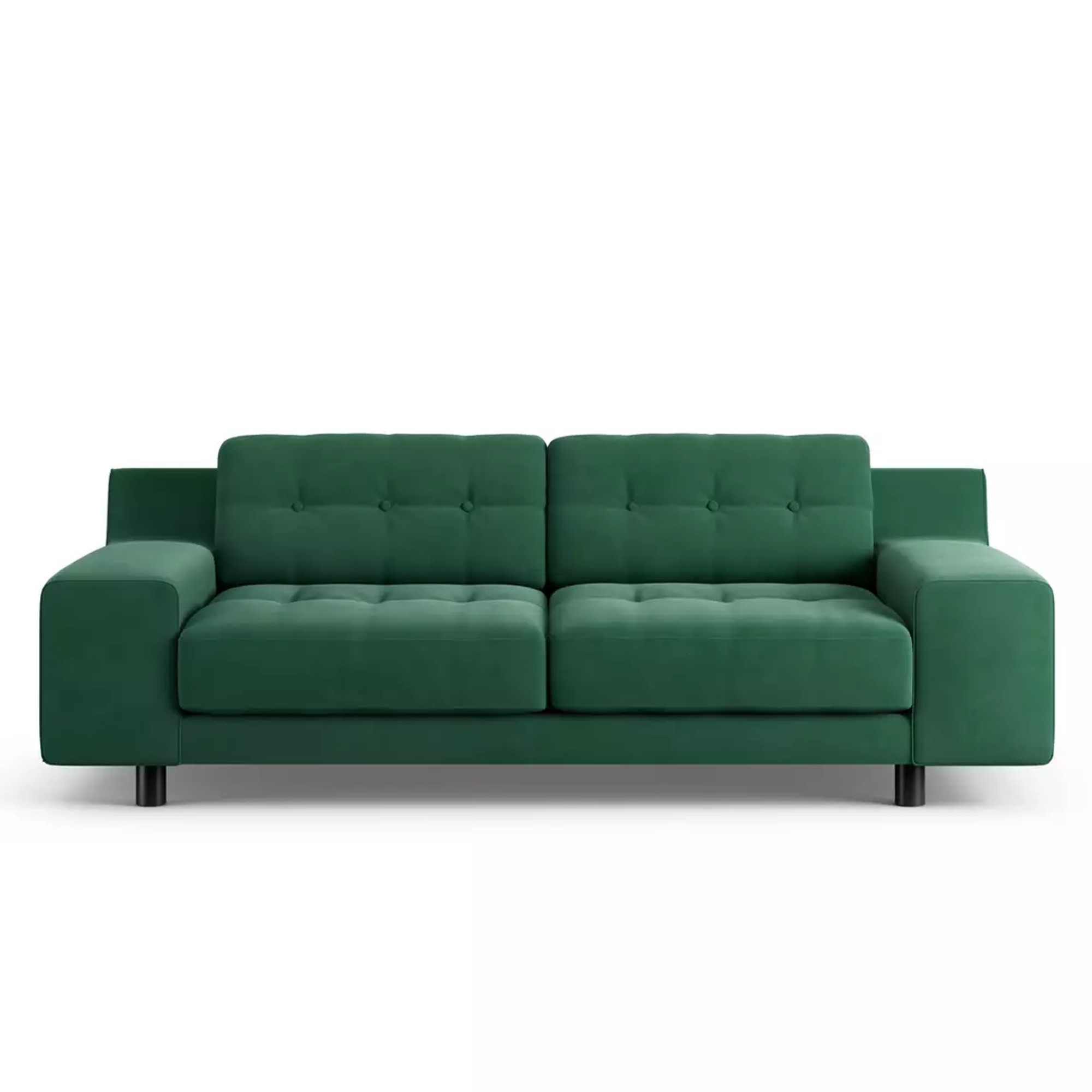
Ranked as the best value large sofa in our best sofa buying guide, the Hendricks design perfectly balances comfort, style and price.
So while expensive sofas are worth the investment, it's a lot more about their quality than the actual price.

Sara Hesikova has been a Content Editor at Ideal Home since June 2024, starting at the title as a News Writer in July 2023. She is now also the Ideal Home Certified Expert in Training on Furniture, and so far has tested over 150 different sofas.
Graduating from London College of Fashion with a bachelor’s degree in fashion journalism in 2016, she got her start in niche fashion and lifestyle magazines like Glass and Alvar as a writer and editor before making the leap into interiors, working with the likes of 91 Magazine and copywriting for luxury bed linen brand Yves Delorme among others.
